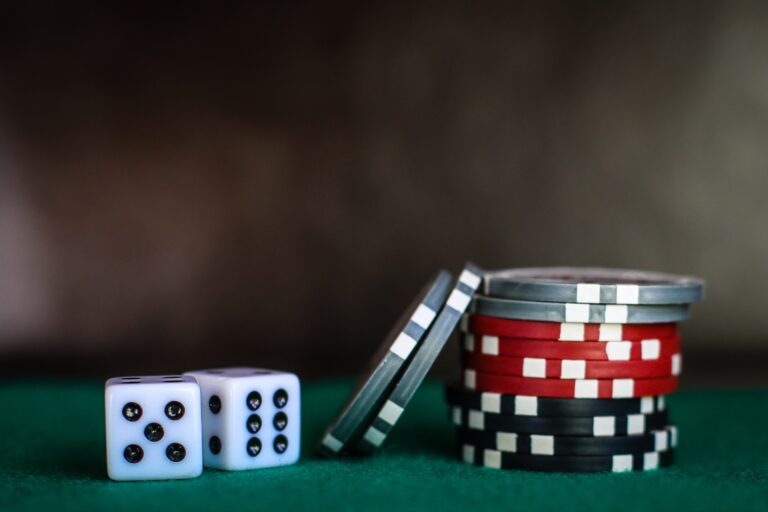What is the current legal status of gambling in South Dakota, United States?
South Dakota has a relatively permissive attitude towards gambling compared to other states in the US. Various forms of gambling are legal in the state, including casino gaming, pari-mutuel wagering, lottery, and charitable gaming. South Dakota has both commercial and tribal casinos that offer a wide range of games such as slots, poker, and table games. Additionally, video lottery terminals (VLTs) are also legal in the state.
Is sports betting legal in South Dakota, United States?
As of November 2020, sports betting is legal in South Dakota, but it is limited to the city of Deadwood and its casinos. This change in legislation was approved by the state’s voters during the 2020 general election. However, as of now, there are no operational sportsbooks in Deadwood, as the state is still working on regulations and licensing for sports betting operations.
What is the stance on online gambling in South Dakota, United States?
Online gambling is not explicitly legalized in South Dakota. The state does not offer any regulated online casinos or poker sites. However, there are no specific laws prohibiting residents from accessing offshore online gambling sites. This means that while there are no legal online gambling options based within the state, South Dakotans can still participate in online gambling through offshore websites at their own risk.
What is the legal gambling age in South Dakota, United States?
The legal gambling age in South Dakota depends on the type of gambling activity. For lottery and pari-mutuel wagering, the minimum age is 18 years old. For casino gaming, including slots, poker, and table games, the minimum age is 21 years old.
Which casinos and popular games can you find in South Dakota, United States?
South Dakota is home to numerous casinos, both commercial and tribal. Most of these casinos are located in the historic city of Deadwood, while tribal casinos are spread throughout the state. Some popular casinos in South Dakota include:
- Deadwood Gulch Gaming Resort
- Cadillac Jack’s Gaming Resort
- Gold Dust Casino & Hotel
- Royal River Casino & Hotel (tribal)
- Dakota Sioux Casino & Hotel (tribal)
These casinos offer a variety of popular games, such as slots, poker, blackjack, roulette, and craps.
Do you need a gambling license in South Dakota, United States?
Yes, operators need a gambling license to offer any form of gambling in South Dakota. The South Dakota Commission on Gaming is responsible for the regulation and licensing of commercial casinos in Deadwood, while the South Dakota Department of Revenue oversees video lottery terminals. Tribal casinos are regulated under the federal Indian Gaming Regulatory Act and the respective tribal-state compacts.
Does South Dakota, United States have a gambling tax?
Yes, South Dakota imposes taxes on gambling activities. For commercial casinos in Deadwood, the tax rate is 9% of adjusted gross revenue. Video lottery terminals have a tax rate of 50% of the net machine income. Tribal casinos do not pay taxes to the state, but they may make revenue-sharing payments to the state as per their tribal-state compacts.
Where can you find links and resources on gambling legality in South Dakota, United States?
For more information on gambling legality in South Dakota, you can refer to the following resources:

👍Thanks for the info! This article was really helpful in getting an understanding of the legality of gambling in South Dakota. 🤑I feel more confident making decisions about my gambling activities now! 🤩
I recently travelled to South Dakota, United States, and discovered the legality of gambling in the state. A personal story that comes to mind is that of a friend of mine who was arrested for gambling at an illegal casino. He had been unaware of the state’s laws surrounding the activity and was unaware of the legal repercussions he could face if caught. My friend was subsequently charged with a Class 1 misdemeanor and faced a hefty fine and potential jail time. Fortunately, he was able to hire a reputable lawyer who successfully argued that my friend was unaware of the law and had no intent to violate it, and the judge reduced the charge to a Class 2 misdemeanor. This experience demonstrates the importance of familiarising oneself with the local laws and regulations before engaging in any activities that may be illegal, no matter how trivial they may seem.